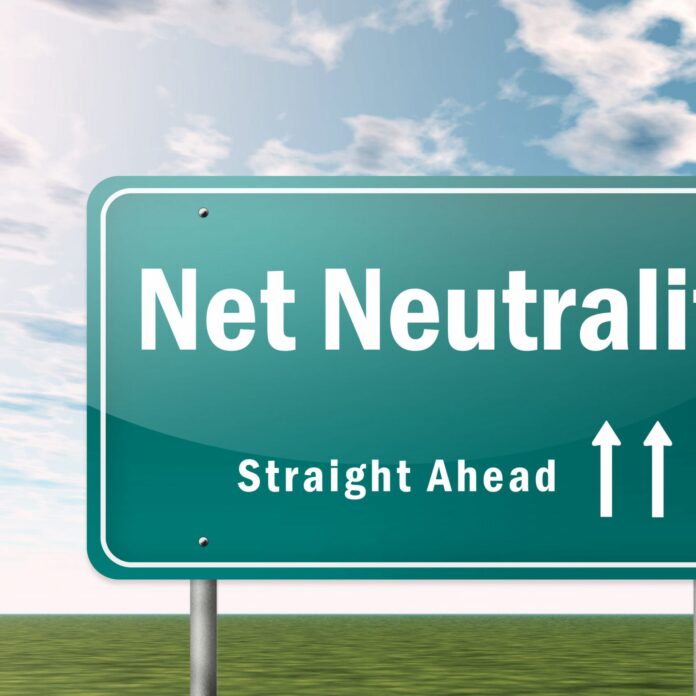Republicans blast FCC net neutrality decision; Pelosi calls rules ‘foundation of freedom’
WASHINGTON – Rep. Doug Collins (R-Ga.) introduced an eight-line resolution Monday that, if passed, will block the Federal Communications Commission from implementing its Open Internet Order.
The resolution states, “Congress disapproves of the rules” and that the net neutrality rules “shall have no force or effect.”
Collins is the No. 2 Republican on the House Judiciary Subcommittee on Courts, Intellectual Property and the Internet.
So far , 13 other Republicans have signed onto the resolution, but the backlash against the FCC net neutrality ruling, which was passed in February in a 3-2 vote by the FCC along partisan lines, has failed to garner bipartisan support.
Congressman Collins’ office released a statement that said the resolution was the “quickest way to stop heavy-handed agency regulations that would slow Internet speeds, increase consumer prices and hamper infrastructure development.”
Adopting a hard line against the FCC, Collins went on to say, “The agency is stretching old definitions to fit its regulatory agenda. Only businesses with the greatest resources will survive Washington, D.C.’s latest bureaucratic expansion into a growing and dynamic industry, particularly mobile broadband.”
He continued: “The FCC likely forged its net neutrality solution under political pressure and will continue to attempt to grow its power in secret, despite Congress’ authority in this matter. My House colleagues and I want a free and open Internet, one that increases access and participation, but legislating solutions needs to happen in public, in the halls of Congress.”
Collins is not the only GOP representative to come out vehemently against net neutrality.
Last month Rep. Marsha Blackburn (R-Tenn.) floated a draft measure, which if passed would have not only blocked the net neutrality rules, but would have significantly decreased the FCC’s ability to make policy.
The measure received the backing of 31 GOP representatives before being shelved. At the time, Blackburn said, “The Internet does not need the intervention of the FCC, so let’s nail that down first, and then let’s decide if it needs any other assistance or oversight or rules put in place by Congress.”
John Thune (R-S.D.), chairman of the Senate Commerce Committee, has been working in tandem with House Energy and Commerce Committee Chairman Fred Upton (R-Mich.) and Chairman of the Subcommittee on Technology Greg Walden (R-Ore.) to garner bipartisan support for a bill that would scale back the FCC ruling but leave many of its popular provisions in place.
Minority Leader Nancy Pelosi (D-Calif.) is on record wholeheartedly supporting the FCC rules stating: “Open Internet access is the foundation of freedom and innovation in the 21st century. The FCC’s historic decision recognizes that net neutrality is essential to our economy and our democracy. Communities across the country will see the benefits of new broadband competition fostered by the FCC’s vote for years to come.”
The proposed law changes by Congress come as telecom trade associations, including CTIA, the largest telecom trade group in D.C., announce they are filing legal action against the FCC in an effort to have the courts block or dismantle the Open Internet Order.

